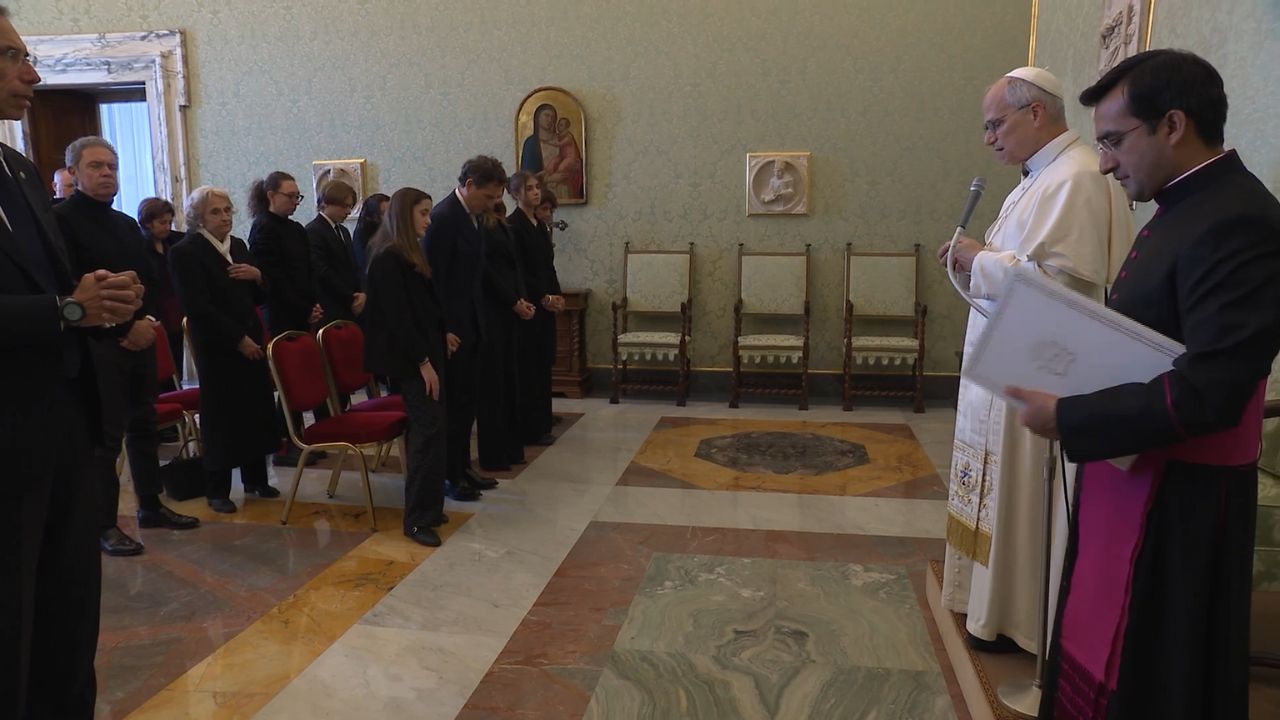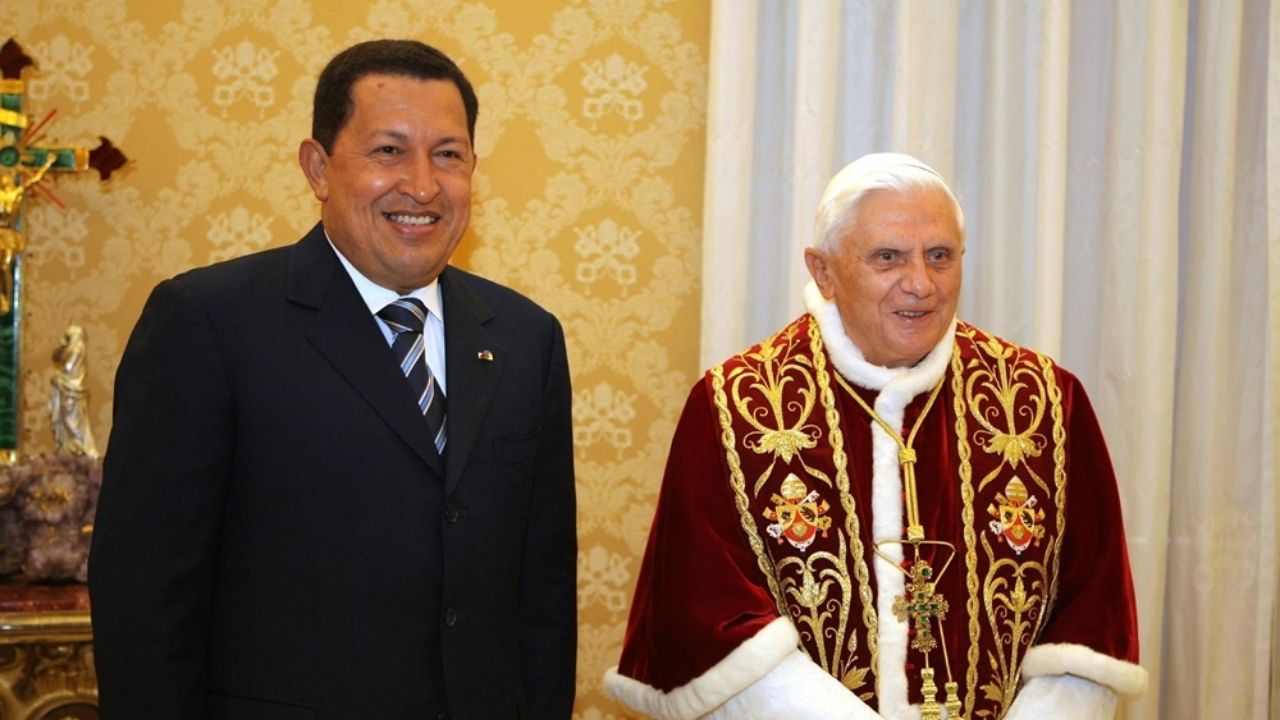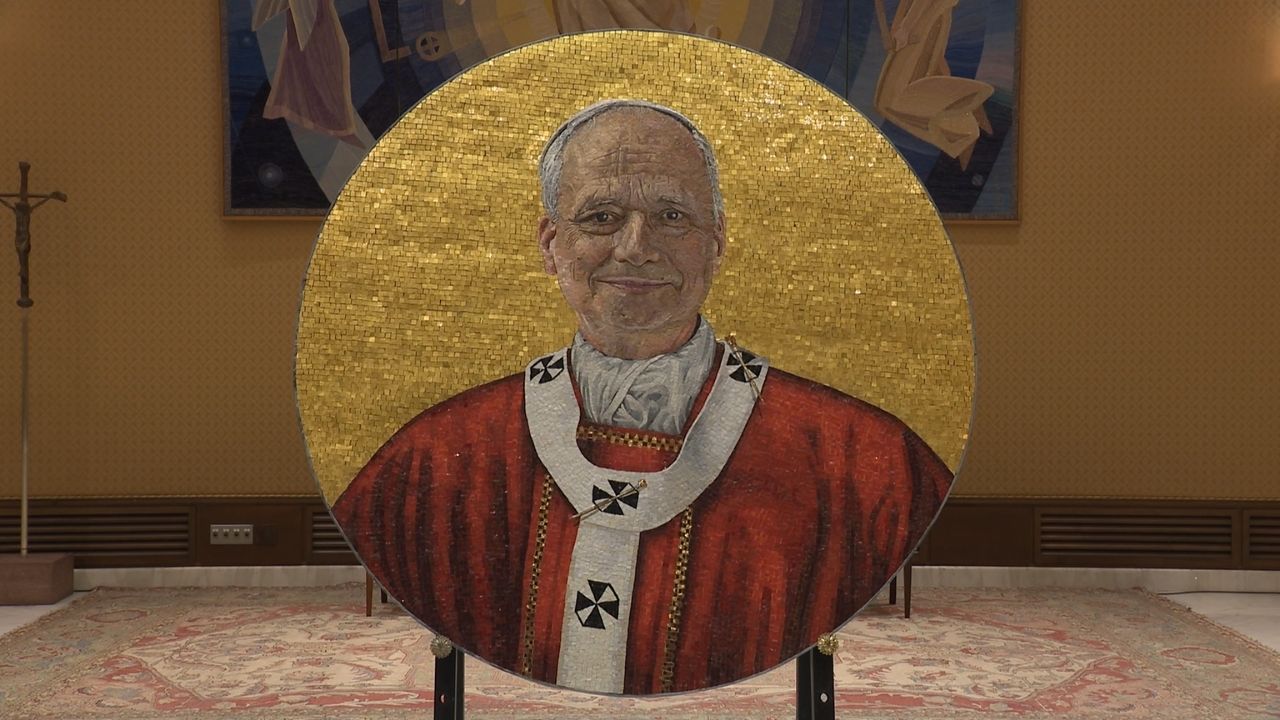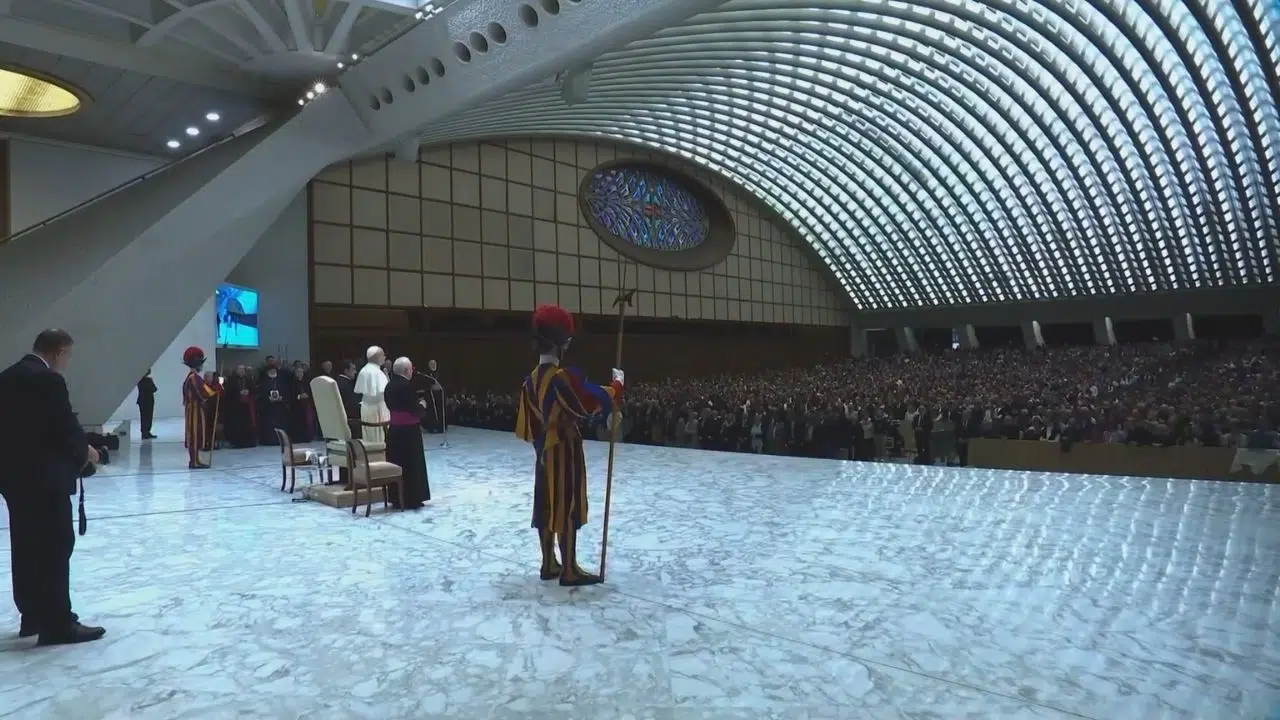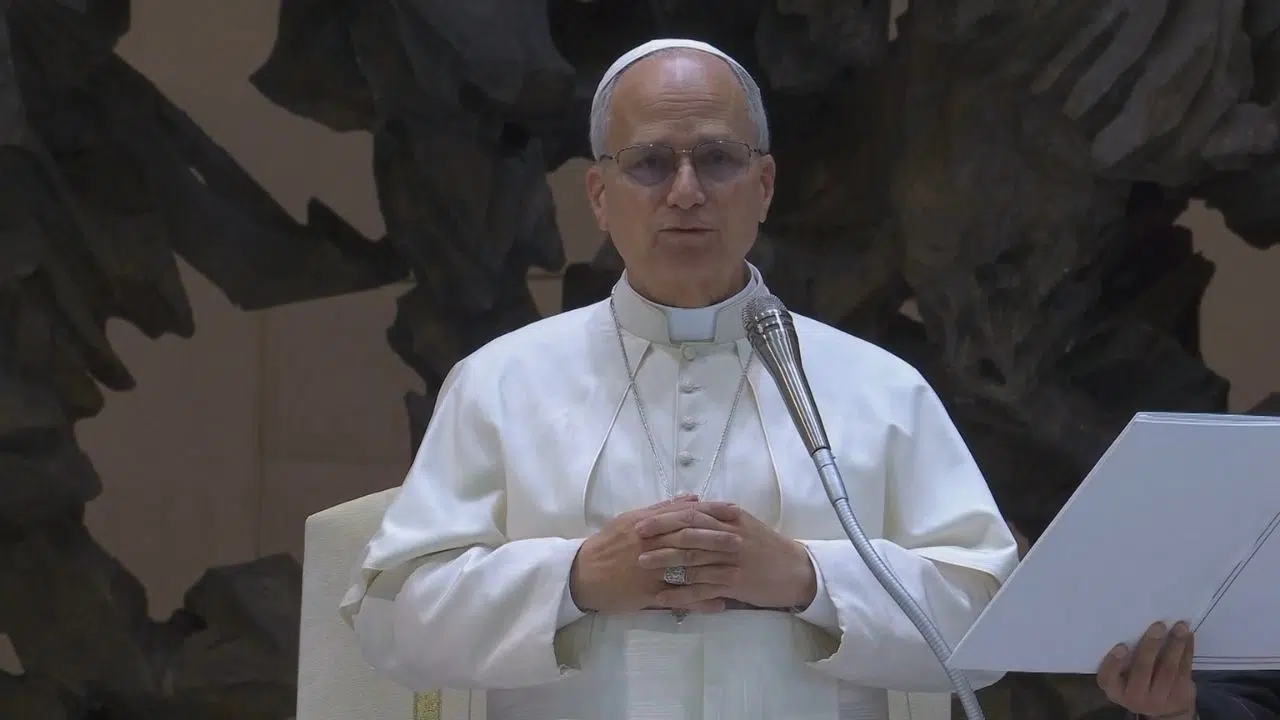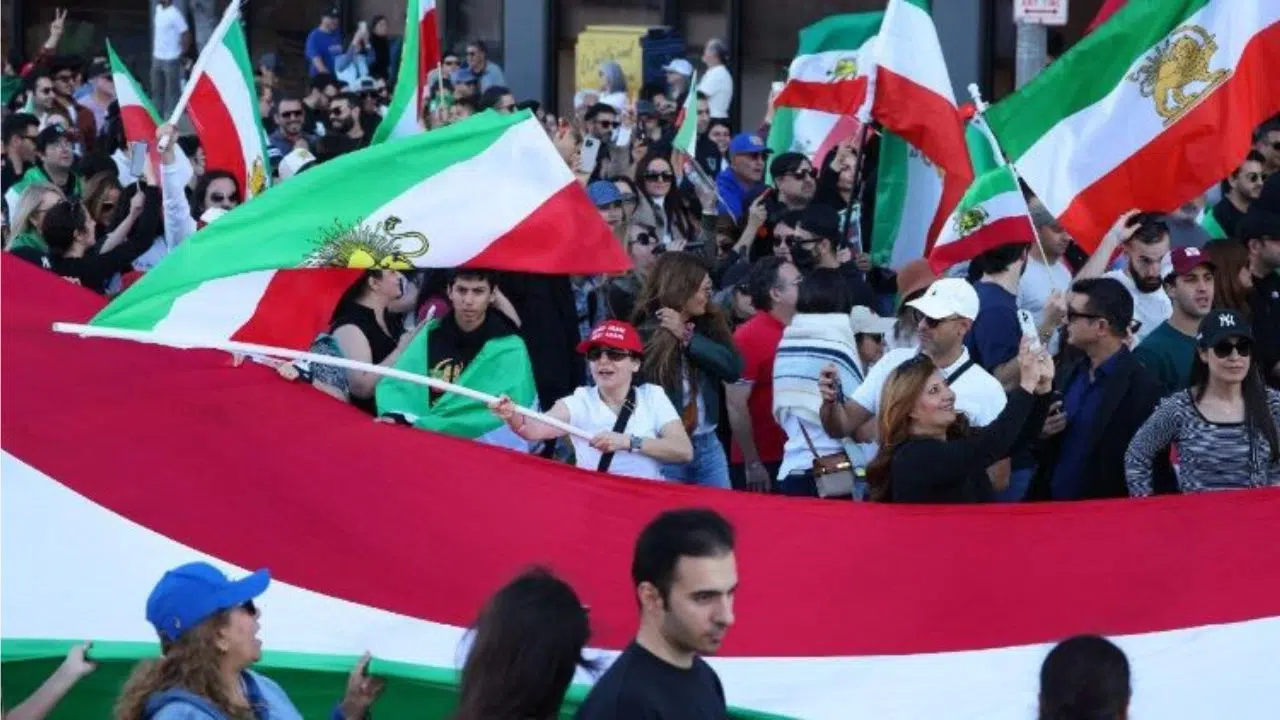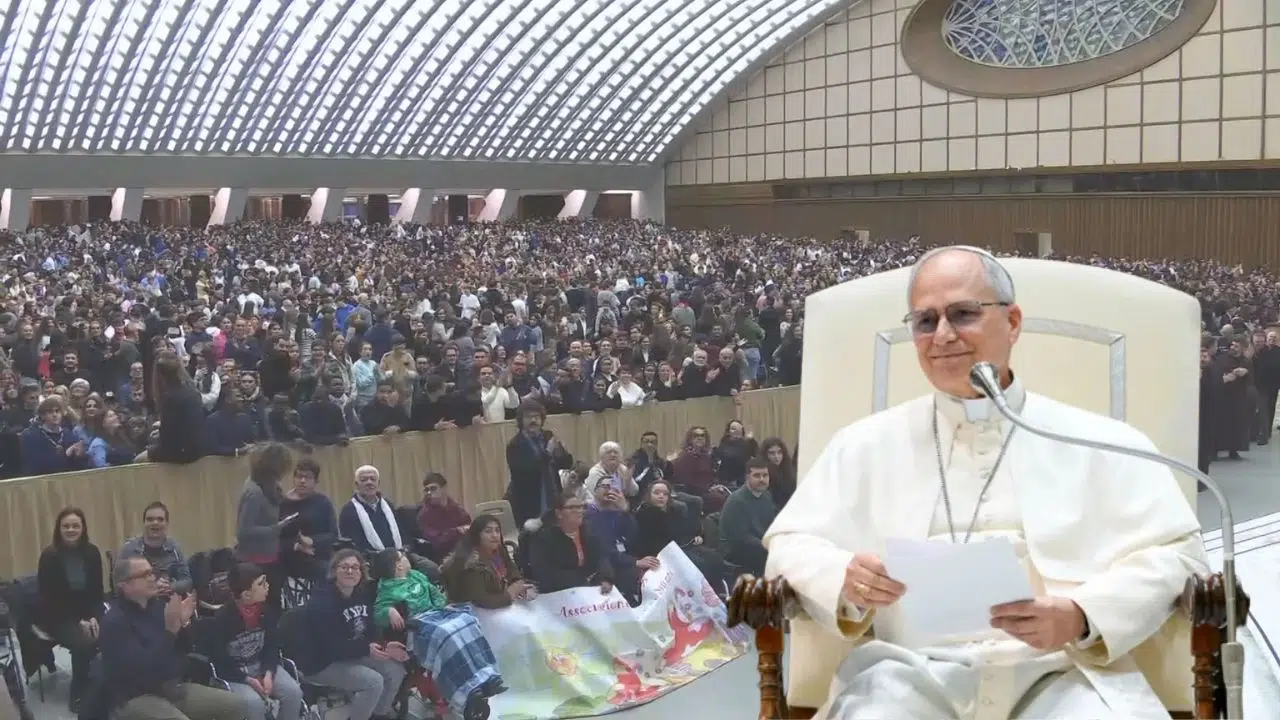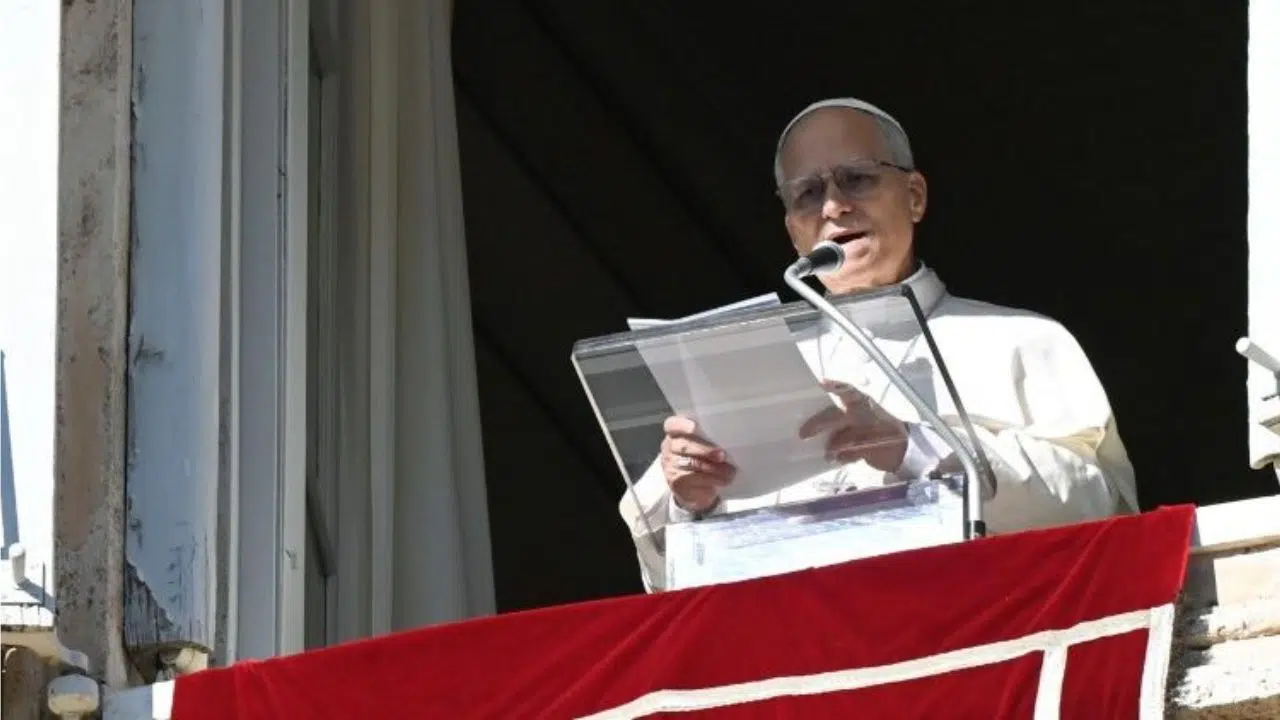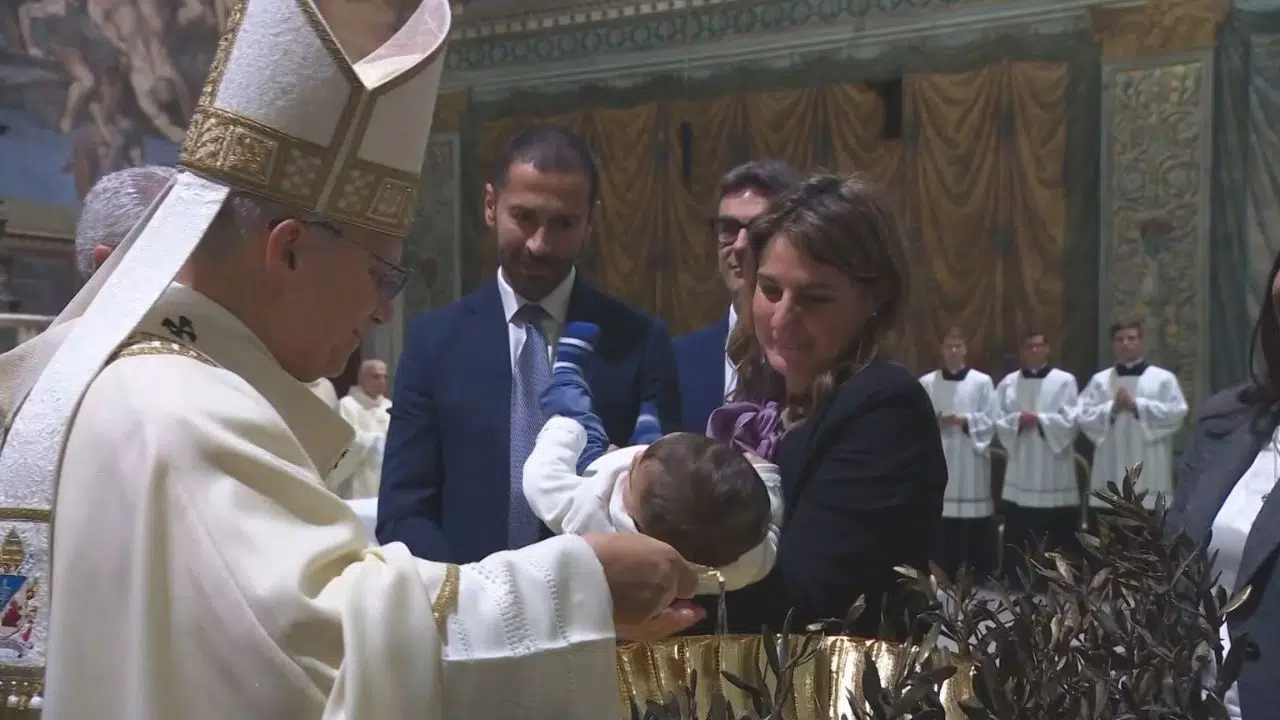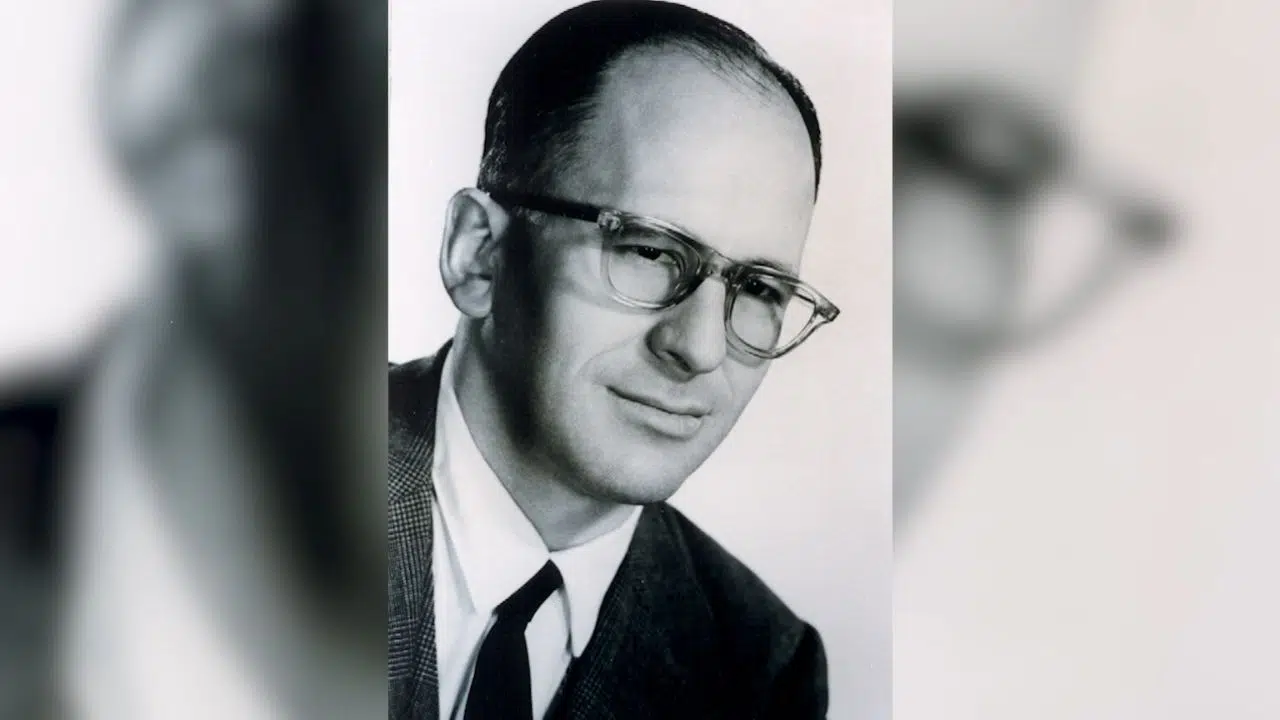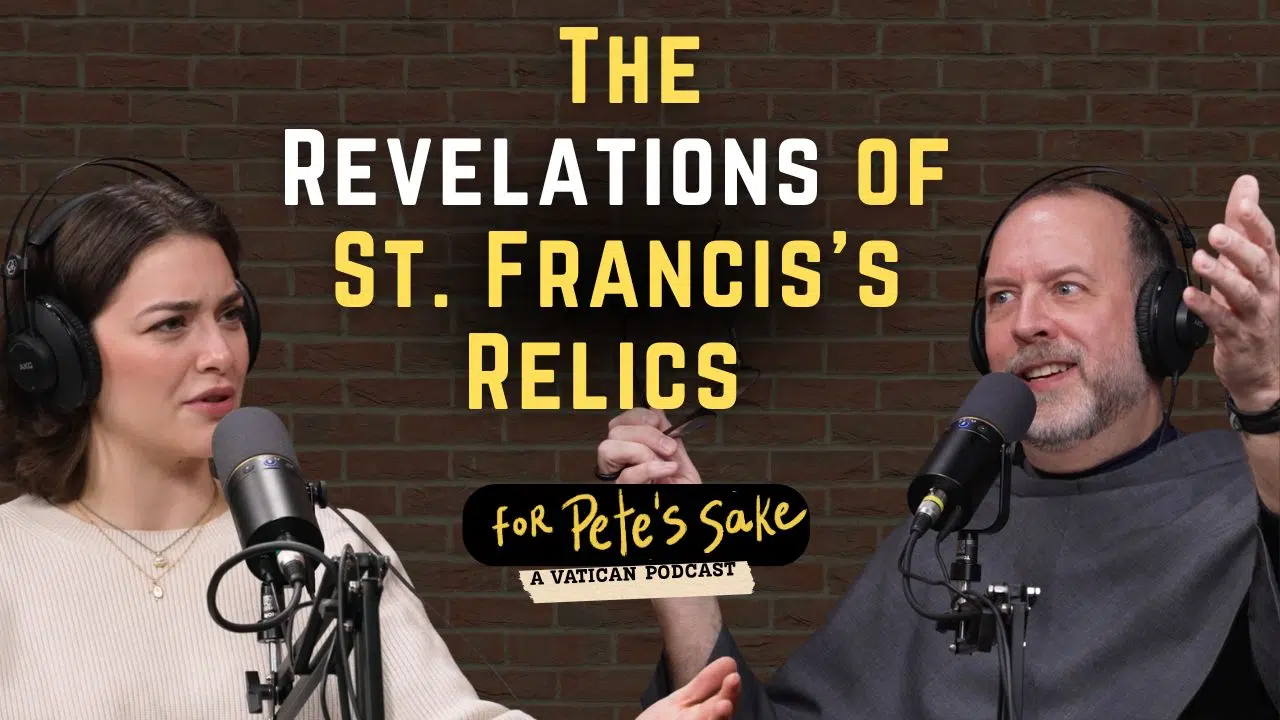Turkey had been a planned destination on the Vatican’s agenda for 2025.
CARD. GEORGE KOOVAKAD
Prefect, Dicastery for Interreligious Dialogue
This apostolic journey of Pope Leo is not a surprise.
It had been tentatively set for May, although the Holy See never confirmed it. The deterioration in Pope Francis’ health changed the plans.
CARD. GEORGE KOOVAKAD
Prefect, Dicastery for Interreligious Dialogue
Pope Francis wanted to go to Turkey for the 1700th anniversary of the Council of Nicaea, but in the end the Holy Father passed away.
Pope Leo has taken up his predecessor’s plan, making Turkey his first international visit.
But what is Turkey's historical develoment and where does it stand now? A key year to remember is 1922, the year that the Ottoman Empire fell. The abolition of the sultanate led to the founding of modern Turkey under Atatürk, its first president.
His main focus was secularism. He believed religion had to be separated from the state, so he eliminated Sharia law, while still acknowledging that Turkey is a country with a Muslim identity
NIKOS TZAITIS
Advisor, Ecumenical Patriarchate of Constantinople
He wanted to rebuild Turkey and, clearly, he could not base it on the Christian element, so he decided to adopt his famous slogan that Turkey is made up of Turks who believe in Islam. However, he was profoundly secular, but decided to accept this because it was a way to control power.
Atatürk remains a symbol of sovereignty and unity. His image is even protected legally. Insulting him is a crime punishable by law.
In Ankara, there is this mausoleum, which has become a place of national homage. And this will be Pope Leo XIV's first stop upon arriving in Turkey.
Since Atatürk, the country has had 12 official presidents. The country's most recent president is a conservative politician, controversial and not against returning to Ottoman identity, with Islam at the center.
NIKOS TZAITIS
Advisor, Ecumenical Patriarchate of Constantinople
It is like saying that Islam is the foundation of the new neo-Ottoman Turkey because he wants to recreate the neo-Ottoman Empire, which carries specific weight in the political dynamics of that Mediterranean region.
Here we reach Turkey’s geopolitical position: it separates Europe and Asia, controls the routes between Russia and the Mediterranean, and is the second-largest military force in NATO. Its location means that its decisions will affect the balance of the international chessboard.
In fact, the country has been in the news in recent months for hosting the peace negotiations between Ukraine and Russia, though its stance has drawn criticism.
Regarding Ukraine, Turkey's president condemned the invasion and supplies weapons and drones to Ukraine. At the same time, Turkey has continued to buy Russian gas and has been accused of getting too familiar with Putin.
Pope Leo XIV, during his trip, will meet with the Turkish president. He will do so privately, and among the topics, will most likely be Turkey’s role in the peace plan for Ukraine.
In fact, this meeting will be followed by his address to the authorities. This is usually the most political moment of the trip. Popes use it to deliver messages tied closely to current events — in this case, with conflicts as the focal point and politicians paying close attention.
CA
